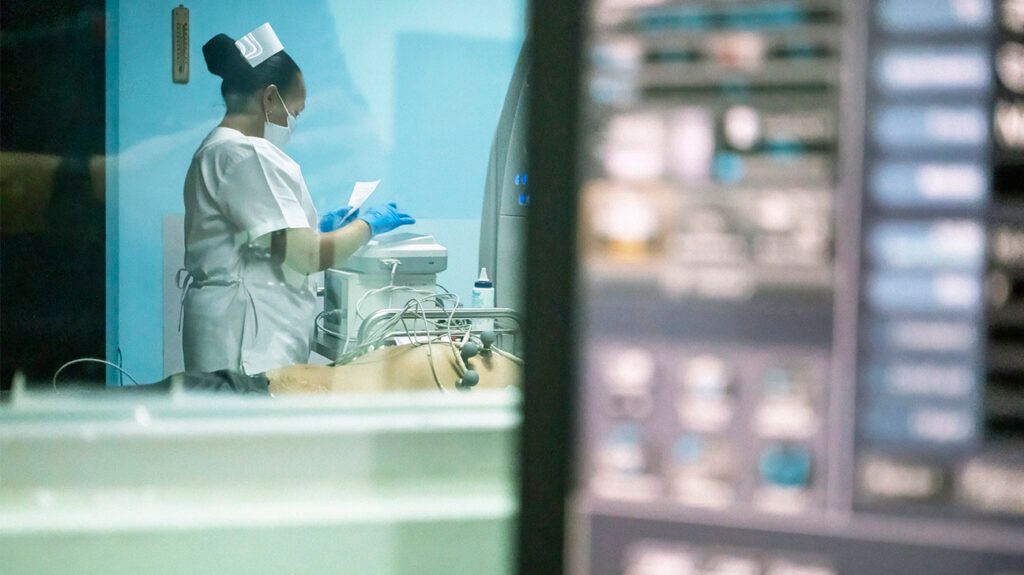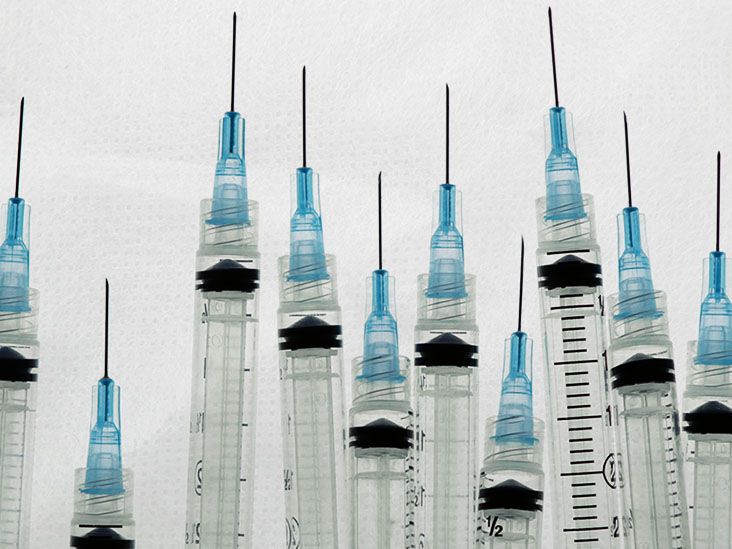Doctors classify diverticulitis as uncomplicated or complicated. Complicated diverticulitis includes additional health complications, such as abscesses, compared to uncomplicated diverticulitis.
Diverticula are small sacs that bulge out through weak points in a person’s colon. Their formation is known as diverticulosis. When these sacs become inflamed, it is known as diverticulitis.
Read on to learn more about complicated and uncomplicated diverticulitis, including their symptoms and treatments.

There are
Uncomplicated diverticulitis causes inflammation of the diverticula and surrounding intestinal tissue. This inflammation does not spread, and there are no abscesses.
Complicated diverticulitis results in
- abscesses
- tears in the intestinal wall
- phlegmon, which involves localized inflammation in areas of soft tissue
- fistulas
- bleeding
- intestinal obstruction
Diverticulitis occurs when diverticula become inflamed.
The
- chronic bleeding
- diverticular bleeding
- diverticulitis and its complications
Researchers
If a person has a weakened immune system or severe kidney disease, they may be at a higher risk of developing complicated diverticulitis. Taking certain drugs for a long period may also increase the likelihood of serious disease. These drugs include nonsteroidal anti-inflammatory drugs (NSAIDs), steroids, and opiates.
Certain risk factors may also increase a person’s chances of developing diverticulitis. These include:
Symptoms of diverticulitis
Uncomplicated diverticulitis
Generally, a person with uncomplicated diverticulitis may experience pain in the lower left abdomen. However, people of Asian descent usually experience pain in their lower right abdomen. They may have pain that is constant or comes and goes. They may also develop constipation or diarrhea.
People with uncomplicated diverticulitis may also experience fever and changes in urinary and bowel habits. This can include pain or discomfort when urinating and an increased need to urinate.
Complicated diverticulitis
In addition to the earlier symptoms, complicated diverticulitis may cause nausea and vomiting.
However, people need to consider that symptoms may vary depending on what type of complications have developed. Complications may include:
- phlegmon
- abscesses
- tears in the intestinal wall
- bleeding
- fistulas
- intestinal obstruction
- peritonitis
- low blood pressure
- shock
When diagnosing diverticulitis, a doctor
The doctor may also request blood and urine tests depending on a person’s symptoms. They may also check their temperature.
A doctor may also use imaging tests to examine the organs. These may include:
- an ultrasound
- a CT scan
- an MRI
A doctor may also recommend a colonoscopy roughly
A doctor may recommend different treatments depending on the type of diverticulitis a person has.
Uncomplicated diverticulitis
Uncomplicated diverticulitis clears up by itself within 1 week in
A doctor may use antibiotics to treat a person with uncomplicated diverticulitis. However, this generally only occurs if the individual is at risk of complications.
A person with uncomplicated diverticulitis may require regular checkups, which allows a doctor to monitor their symptoms and reduce the risk of complications.
A healthcare professional may also recommend dietary changes to someone with uncomplicated diverticulitis. This may involve them eating:
- easily digestible foods
- soups
- non-solid foods
A doctor may also recommend that individuals with uncomplicated diverticulitis drink plenty of water.
Complicated diverticulitis
Complicated diverticulitis
A person with complicated diverticulitis may be unable to eat solid food. Doctors may allow them to have:
- tea
- soup
- water
If a person is unable to drink enough, a doctor may give them fluids via an intravenous (IV) drip.
If an individual has abscesses, a healthcare professional may drain them.
A doctor may recommend surgery if a person’s symptoms do not improve after a few days. Doctors may recommend surgery for:
- treating intestinal perforation
- treating peritonitis
- treating intestinal obstruction
- treating fistulas
- preventing diverticulitis from returning
- preventing abscesses returning
Diverticulitis is inflammation of diverticula and can be either complicated or uncomplicated. Uncomplicated diverticulitis is less severe than complicated diverticulitis.
Researchers do not precisely know what causes diverticulitis. However, certain risk factors increase a person’s risk of developing it, including having a low fiber diet or obesity.
Uncomplicated diverticulitis may clear up without treatment. However, complicated diverticulitis usually requires hospitalization.
People need to contact a doctor if they experience uncomplicated diverticulitis symptoms that do not go away within a week. They also need to seek emergency medical attention if they think they may have complicated diverticulitis.


